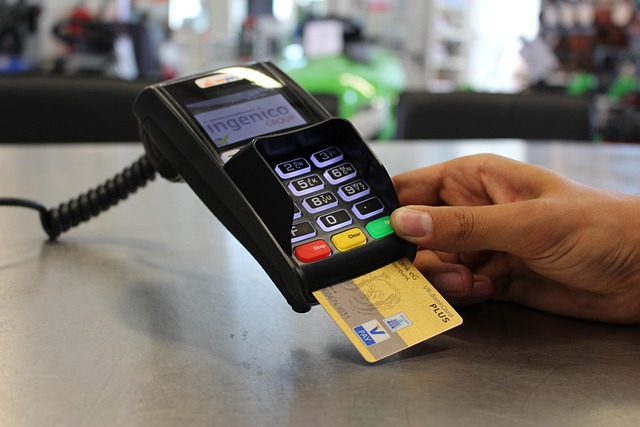Car title loans serve as an alternative financing option for non-US citizens lacking traditional banking access, utilizing vehicle equity instead of credit history, offering immediate funds with a reversible title transfer process upon repayment.
For non-US citizens without traditional banking access, car title loans offer a unique financial solution. This alternative financing method allows individuals to borrow funds using their vehicle’s title as collateral. In this article, we’ll explore how non-citizens can navigate the process, delving into eligibility criteria and unlocking access through creative alternatives to conventional banking systems. By understanding these options, you can make informed decisions about short-term funding.
- Understanding Car Title Loans for Non-US Citizens
- Eligibility Criteria: What You Need to Know
- Unlocking Access: Alternatives to Traditional Banking
Understanding Car Title Loans for Non-US Citizens

For non-US citizens looking for alternative financing options, car title loans offer a viable solution outside traditional banking systems. This type of loan uses the vehicle’s equity as collateral, making it accessible to those who may not have established credit histories or bank accounts in the country. The process involves pledging your vehicle’s title, ensuring a straightforward and faster funding option compared to conventional loans.
Unlike strict credit checks in conventional lending, car title loans for non-US citizens often focus on the value of your vehicle through its equity rather than individual creditworthiness. This approach allows individuals with limited credit or no credit history to gain access to immediate funds. Once the loan is repaid, the title transfer process can be reversed, providing a quick and hassle-free alternative financing method.
Eligibility Criteria: What You Need to Know

Car title loans for non-US citizens are an alternative financing option designed to offer a quick solution for those who don’t have access to traditional banking services. While the eligibility criteria may vary among lenders, there are some common requirements that applicants need to meet. Firstly, you must be a valid driver with a valid driver’s license issued in your home country. Additionally, proving vehicle ownership is crucial; this can be done through a vehicle registration document or other official papers.
Another essential aspect of car title loans for non-US citizens is understanding the loan requirements. Lenders will typically assess your creditworthiness based on factors like employment status, income, and existing debt. Since many non-US citizens may not have a credit history in the country, lenders often look at alternative forms of documentation to determine your ability to repay. These can include tax documents, pay stubs, or other proof of financial stability.
Unlocking Access: Alternatives to Traditional Banking

For non-US citizens navigating financial options without traditional banking access, unlocking essential services like car title loans can be a game-changer. These alternative financing solutions step in where conventional banks may falter, offering a lifeline for those with limited or no credit history in the US. Car title loans provide a unique opportunity by securing the loan against an individual’s vehicle ownership, eliminating the strict requirements often associated with traditional loans.
This approach is particularly beneficial for non-citizens facing challenges with bad credit loans or lacking the necessary documentation typically demanded by banks. By leveraging their car’s equity, they can gain access to much-needed funds quickly, making it a popular choice for those in urgent financial situations. The loan requirements are generally more flexible and accessible, ensuring that individuals can find solutions tailored to their unique circumstances.
For non-US citizens without traditional banking access, car title loans offer a viable solution. By understanding the eligibility criteria and exploring alternative financial services, individuals can unlock much-needed funds. This method provides an efficient way to bridge financial gaps, ensuring better access to resources for those outside the conventional banking system.






